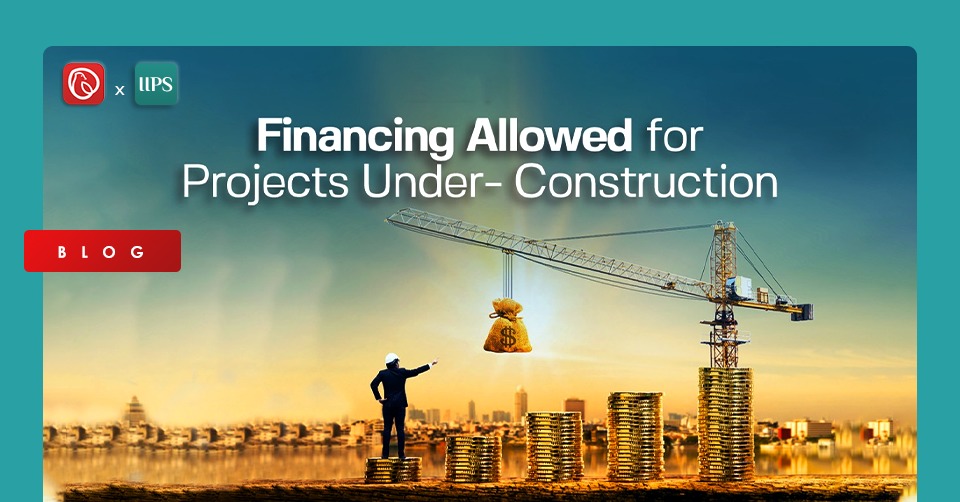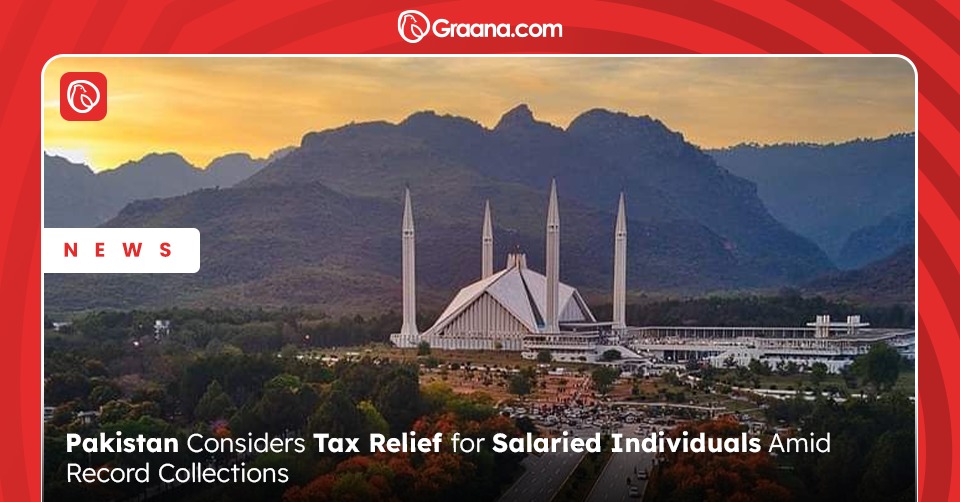Introduction
The construction sector of Pakistan has seen a massive boost in activity after the government announced reforms and incentives for developers and contractors. However, most demand for residential real estate comes from the middle-income class group, which cannot afford to pay exorbitantly high prices of construction upfront. With a massive influx of development projects being established, demand for construction material has led to a skyrocketing in cement, steel, and bricks prices, ultimately leading to the slowing down of construction projects. More people are merely investing money in buying real estate. In a welcome step from the State Bank of Pakistan (SBP) to facilitate the construction industry, housing finance for under-construction projects has been allowed using special instruments and escrow accounts. Continue reading to understand the implications for end-users and the construction industry.
Why Housing Finance Necessary for Construction Sector
Increased demand for construction material due to the establishment of multiple projects under the incentives offered by the government for the construction industry has led to a sharp increase in prices for multiple items such as steel, cement, tiles, bricks, and fittings. At the moment, the cement sector has more orders than it can handle. Cement sales in January 2021 increased by 16 per cent compared to January 2020, whereas exports have declined by 14 per cent. This means that the cost of construction has also increased dramatically for the general consumer. In the backdrop of these conditions, most investors and consumers are only buying and investing in land and not moving forward with construction. However, if banks were to allow financing of under-construction projects, the expansion of construction in Pakistan can begin faster and more inclusive. In terms of developers, the current practice is to sell allotment letters to investors while also imposing monthly payments as development charges. Banks do not allow real estate financing based on allotment letters, making it difficult for people to secure financing.
Government Reforms to Introduce Financing for Under-Construction Projects
To facilitate buyers of under-construction housing units in obtaining housing finance, the State Bank of Pakistan (SBP) has issued guidelines for commercial banks that allow them to extend loans for under-construction projects. Currently, banks do not provide house financing for under-construction projects, which seriously restricts homebuyers’ significant capital investments. However, by securing the financial risk of banks through mortgage of the project’s land based on specific arrangements with builders, banks can now provide housing loans for under-construction projects with relative ease. The payment to builders will also be given through a particular account called an escrow account, with no direct access to the seller until the completion of construction milestones agreed by the bank and the builder. In this regard, purchasers of financed housing units will enjoy significant benefits compared to those who buy homes on full payment. A monitoring and oversight system will also facilitate the timely completion and transfer of possession to the purchasers, leading to lower maintenance costs and renovations over the years (Dawn, 2021). Resultantly, the demand for housing will grow, and construction will be facilitated, giving the much-needed boost to the construction industry.
Housing Finance Regulation
The government of Pakistan is planning to set up a regulatory body for the rapidly growing housing finance market in the country. The authority will be named “Pakistan Housing Bank”, and its function will be outside the scope of the commercial banking arena by forming separate housing finance companies. Through this authority, private sector companies will enter the housing finance market with relative ease. Currently, three companies have been licensed by the Securities and Exchange Commission of Pakistan (SECP), namely, Trellis Housing Finance Company, Asan Ghar Finance Ltd., and Pakistan Housing Finance Company. These companies have also been allowed to raise funds through other market instruments. According to the State Bank of Pakistan, the outstanding consumer finance for house building has risen by 32 per cent from July last year, and outstanding loans for building construction have also jumped by 42 per cent since July 2020 (GoP, 2021). Considering that the government has set aside Rs. 36 billion for a housing loan mark-up subsidy program over 10 years, and banks are offering 20-year mortgages at an affordable 3 per cent, 5 per cent, and 7 per cent rate. The market for housing finance is bound to achieve high growth (Alam, 2021).
Conclusion
The construction sector of Pakistan is facing the challenge of increased demand over the last year due to the incentives provided by the government. However, it has also led to skyrocketing construction materials such as steel, cement, bricks, and other items. Due to the rising costs, many people turn away from construction and invest money in buying land. To boost the construction sector, the State Bank of Pakistan (SBP) has recently announced instruments for banks to provide housing loans to under-construction projects. The move is also being helped by forming a regulatory authority for housing finance that will allow private companies separate from commercial banks to offer housing loans. In light of the government subsidy for housing loans in the next 10 years, the consumer stands to gain the highest from the move.




